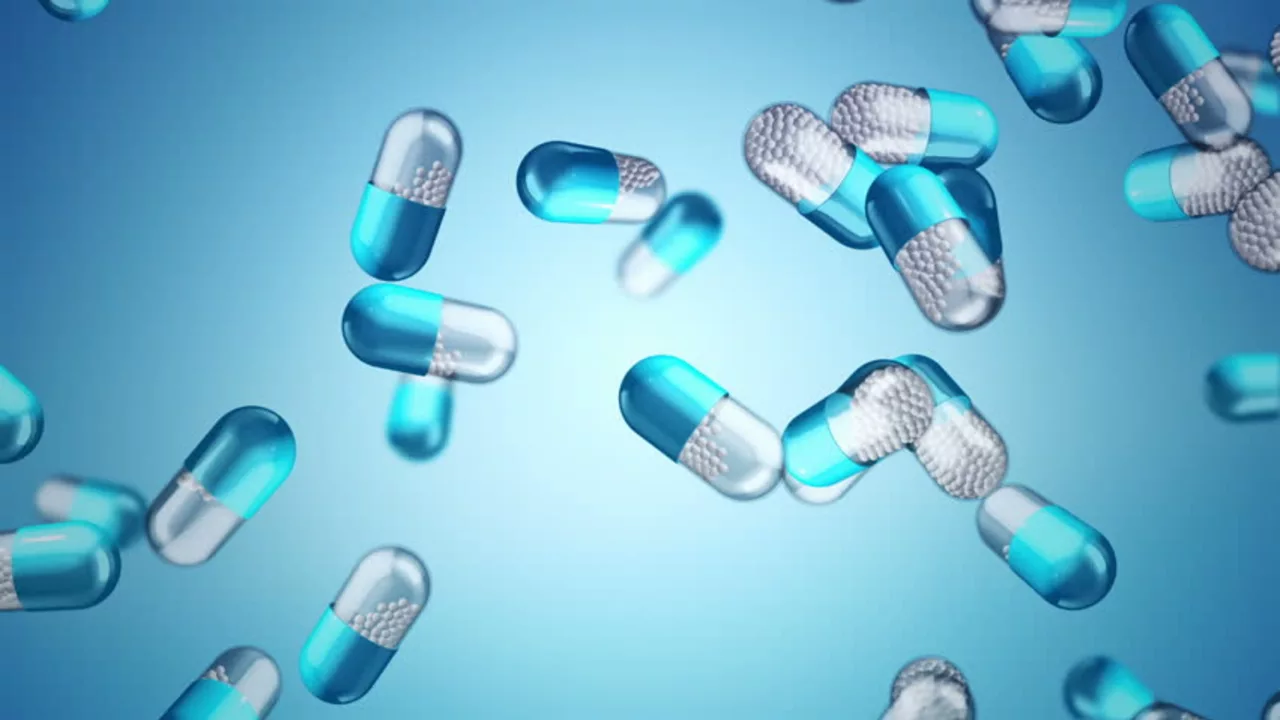The Hidden Cost of Pain Relief
Ibuprofen is a common household name. We reach for it when we have a headache, when our muscles ache after a tough workout, or when we're battling a fever. But have you ever thought about the environmental impact of this over-the-counter medication? It might seem insignificant, considering the pill is so small, but the reality is that our use of ibuprofen is contributing to the contamination of our waterways. And it's not just ibuprofen; it's a problem with pharmaceuticals in general.
The Journey of Ibuprofen into our Water Systems
Ever wondered how ibuprofen ends up in our waterways? It's a simple process really. When we consume ibuprofen, not all of it is absorbed by our bodies. The remaining ibuprofen is excreted and ends up in wastewater. Despite our best efforts at water treatment, it's near impossible to remove all pharmaceuticals from the water. This means that trace amounts of ibuprofen end up in our rivers, lakes, and even our drinking water.
Environmental Impact of Pharmaceuticals in Water
The presence of pharmaceuticals like ibuprofen in water bodies isn't just a problem for humans, it's also a problem for wildlife. Aquatic life, in particular, is at risk. Studies have shown that ibuprofen can affect the growth and development of fish and other water-dwelling creatures. And it's not just the individual animals that are affected. The impact can ripple throughout the entire ecosystem, with potential long-term effects on biodiversity.
Human Health Concerns
Pharmaceuticals in our water aren't just an environmental issue, they're also a public health concern. While the levels of ibuprofen in drinking water are likely too low to have an immediate impact on human health, the long-term effects are still unknown. Furthermore, ibuprofen isn't the only pharmaceutical in our water. The cumulative effects of multiple pharmaceuticals could have unforeseen consequences.
Reducing the Environmental Impact
So what can we do to reduce the environmental impact of ibuprofen and other pharmaceuticals? The first step is awareness. Many people are unaware that their medications can end up in the water supply. By spreading the word, we can start to make changes. We can also look for alternatives to pharmaceuticals where possible, such as natural remedies or lifestyle changes. And we can dispose of unused medication properly, rather than flushing it down the toilet or sink.
Progress in Treatment Technologies
While it's true that current water treatment technologies struggle to remove all pharmaceuticals from water, there's reason to be hopeful. Scientists and engineers are hard at work developing new methods to better treat our wastewater. For example, advanced oxidation processes are showing promise in breaking down pharmaceuticals. With continued research and development, we can hope to see more effective treatments in the near future.
In conclusion, while ibuprofen and other pharmaceuticals are a major convenience in our daily lives, we need to be aware of the environmental cost. By taking steps to reduce our impact, and by supporting advancements in water treatment technology, we can help to protect our waterways for future generations.

